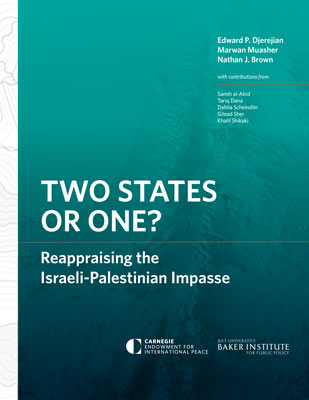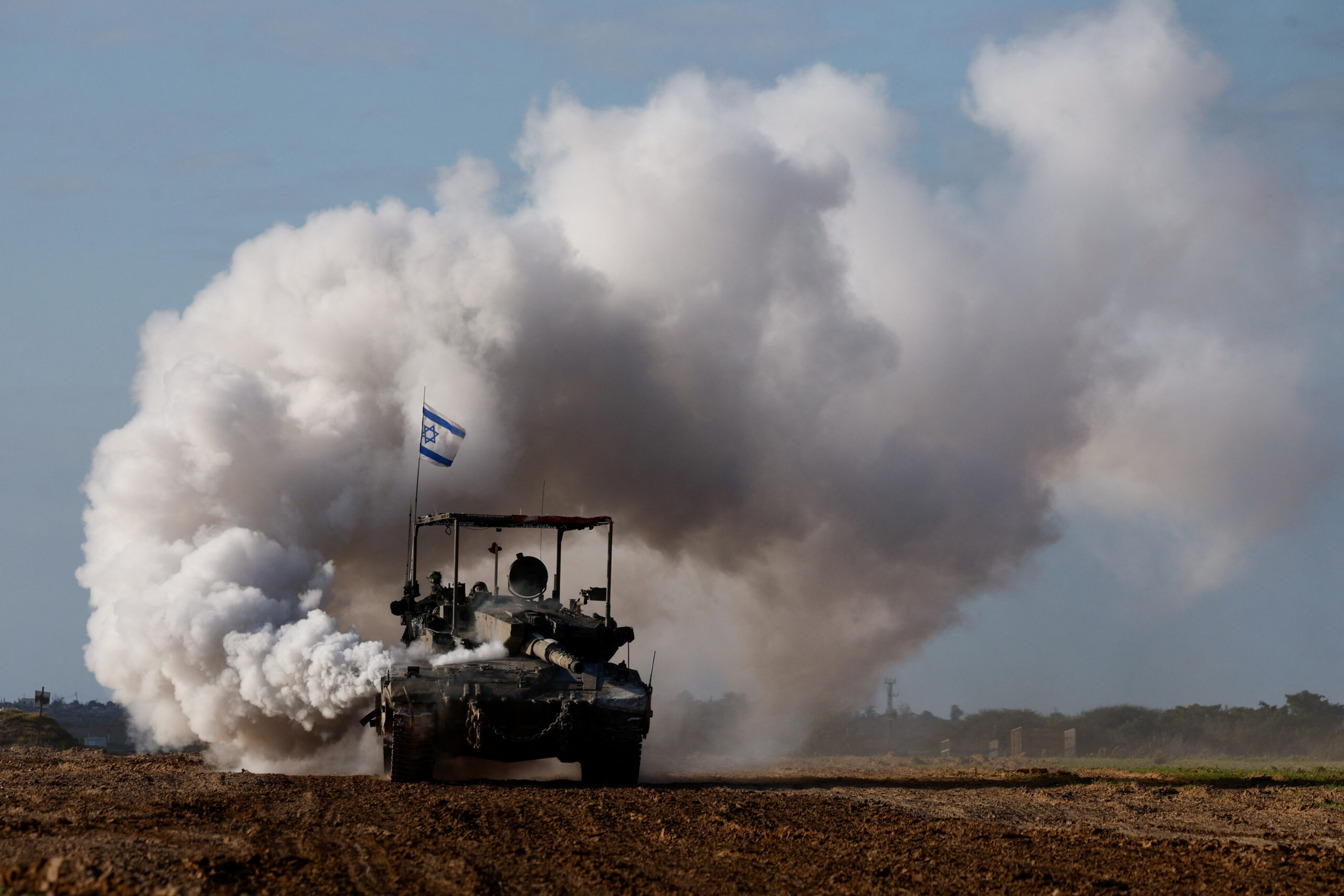No products in the cart.
/
/
Understanding the Israel-Palestine Conflict: A Path to Sustainable Solutions 1
Understanding the Israel-Palestine Conflict: A Path to Sustainable Solutions 1
- November 9, 2023
- by teachmefashion1
Introduction: Unraveling the Complexities
The Israel-Palestine conflict has deep historical roots, intertwining religion, nationalism, and territorial disputes. For decades, the region has been marred by violence and political instability, capturing the attention of the international community. This article aims to shed light on the current state of affairs and explore potential measures to address this longstanding issue.
Current Situation: A Complex Quagmire
The conflict between Israel and Palestine is primarily centered around competing nationalisms and territorial claims. The establishment of the State of Israel in 1948 and subsequent conflicts have led to ongoing disputes over borders, refugees, and the status of Jerusalem. The situation is further complicated by religious considerations, with both Israelis and Palestinians having deep historical and cultural ties to the land.
The Role of International Players
International actors play a crucial role in the Israel-Palestine conflict. Various attempts at mediation, peace processes, and resolutions have been made over the years, but a lasting solution remains elusive. The United Nations, European Union, and neighboring Arab states have been involved in diplomatic efforts, but geopolitical complexities often hinder progress.

Understanding the Israel-Palestine Conflict
Measures for Sustainable Solutions Understanding the Israel-Palestine Conflict: A Path to Sustainable Solutions
1. Diplomatic Dialogue and Negotiation
Engaging in sustained diplomatic dialogue is essential for finding common ground. All parties involved must commit to peaceful negotiations, recognizing the legitimacy of each other’s concerns. A two-state solution, where both Israel and Palestine coexist with recognized borders, remains a widely discussed option. International mediators can play a pivotal role in facilitating these discussions.The Israel-Palestine conflict
- 2. Addressing Economic Disparities
Economic development can be a catalyst for stability. Investing in infrastructure, education, and job creation can improve living conditions, fostering a sense of hope and cooperation among the people. International aid and cooperation can play a crucial role in uplifting both Israeli and Palestinian communities, laying the foundation for a more peaceful coexistence.
3. Humanitarian Initiatives and Conflict Resolution Education
Humanitarian efforts can alleviate the suffering of affected populations. Initiatives that focus on providing basic necessities, healthcare, and education can build trust and foster goodwill. Additionally, integrating conflict resolution education into school curricula can help future generations understand the complexities of the conflict and promote tolerance.The Israel-Palestine conflict
4. Grassroots Movements and Civil Society Engagement
Grassroots movements and civil society organizations can contribute significantly to building bridges between communities. People-to-people initiatives, cultural exchanges, and joint projects can foster understanding and cooperation at the grassroots level. Encouraging dialogue among ordinary citizens can create a foundation for more substantial political change.The Israel-Palestine conflict
5. International Legal Frameworks
International law provides a framework for addressing the conflict’s legal aspects. Upholding the principles of justice, equality, and human rights is crucial for a sustainable solution. International organizations and legal bodies can play a role in ensuring accountability and promoting adherence to established norms.

Understanding the Israel-Palestine Conflict
A Call for Collective Action
The Israel-Palestine conflict is a deeply rooted and multifaceted issue that requires a comprehensive and collaborative approach. Sustainable solutions can only be achieved through diplomatic efforts, economic development, humanitarian initiatives, grassroots movements, and adherence to international legal frameworks. As the world watches, the call for peace becomes more urgent than ever, emphasizing the need for collective action to pave the way for a more stable and harmonious future in the region.
Der Israel-Palästina-Konflikt ist einer der langwierigsten und komplexesten politischen Konflikte der Weltgeschichte. Um nachhaltige Lösungen zu finden, ist es unerlässlich, das Problem aus verschiedenen Perspektiven zu betrachten und die historischen, politischen, sozialen und kulturellen Hintergründe zu verstehen.
Historische Wurzeln des Konflikts
Der Israel-Palästina-Konflikt hat tiefe historische Wurzeln, die bis ins späte 19. und frühe 20. Jahrhundert zurückreichen. Die Gründung des modernen Staates Israel im Jahr 1948 und die Vertreibung von Hunderttausenden Palästinensern führten zu Spannungen und Gewalt zwischen den beiden Gemeinschaften.
Komplexität der Situation
Der Konflikt ist äußerst komplex und wird von einer Vielzahl von Faktoren beeinflusst, darunter territoriale Ansprüche, religiöse Spannungen, ethnische Identität, geopolitische Interessen und wirtschaftliche Ungleichheit. Die Region ist geprägt von einem ständigen Ringen um Land, Ressourcen und Macht.
Menschenrechtsfragen und humanitäre Auswirkungen
Der Konflikt hat schwerwiegende Menschenrechtsverletzungen und humanitäre Krisen verursacht, einschließlich der Vertreibung von Palästinensern, der Besatzung von palästinensischem Gebiet durch Israel, der Einschränkung der Bewegungsfreiheit der Palästinenser und der Gewalt gegen Zivilisten auf beiden Seiten.
Suche nach nachhaltigen Lösungen
Um den Israel-Palästina-Konflikt zu lösen und langfristigen Frieden zu erreichen, müssen verschiedene Akteure, einschließlich Regierungen, internationale Organisationen, zivilgesellschaftliche Gruppen und Einzelpersonen, zusammenarbeiten. Eine umfassende Lösung erfordert einen gerechten Ausgleich der territorialen Ansprüche, die Anerkennung der Rechte und Bedürfnisse beider Gemeinschaften und die Förderung von Toleranz, Verständnis und Versöhnung.
Empowerment der Zivilgesellschaft und Dialog
Die Förderung von Dialog, Verständigung und Zusammenarbeit auf lokaler, regionaler und internationaler Ebene ist entscheidend, um Brücken des Vertrauens zu bauen und die Grundlage für eine dauerhafte Friedenslösung zu schaffen. Die Stärkung der Zivilgesellschaft und die Förderung von Bildung, Menschenrechten und sozialer Gerechtigkeit sind ebenfalls wichtige Schritte auf dem Weg zu nachhaltigen Lösungen.
Fazit
Der Israel-Palästina-Konflikt ist eine komplexe und herausfordernde Angelegenheit, die dringend einer friedlichen und gerechten Lösung bedarf. Durch ein umfassendes Verständnis der historischen Wurzeln, der komplexen Dynamik und der menschlichen Auswirkungen des Konflikts können nachhaltige Lösungen entwickelt werden, die auf Dialog, Verständigung und Versöhnung basieren.
Share with
Tags:
acid rain east palestine, ancient palestine, asian city palestine tx, bethlehem palestine, biden east palestine, british mandate of palestine, british mandate palestine, brookshires palestine, capital of palestine, city of palestine, comfort suites palestine tx, craigslist palestine texas, cvs new palestine israel vs palestine map of east palestine ohio, cvs palestine texas, cvs palestine tx, e palestine ohio, east palestine, east palestine cloud, east palestine derailment, east palestine disaster, east palestine fire, east palestine map, east palestine mayor, east palestine news, east palestine oh, east palestine ohio, east palestine ohio chemical spill, east palestine ohio cloud, east palestine ohio demographics, east palestine ohio derailment, east palestine ohio directions, east palestine ohio explosion, east palestine ohio map, east palestine ohio mayor, east palestine ohio news, east palestine ohio on map, east palestine ohio pete buttigieg, east palestine ohio population, east palestine ohio spill, east palestine ohio train, east palestine ohio train derailment, east palestine ohio train derailment map, east palestine ohio truck crash, east palestine train, east palestine train derailment, east palestine train derailment map, east palestine train derailment update, east palestine train wreck, east palestine water, east palestine water contamination map, eid mubarak palestine, el toro palestine tx, england fan free palestine, epa east palestine, erin brockovich east palestine, fema east palestine, free palestine, free palestine england fan, gaza strip israel palestine, history of palestine, hobby lobby palestine tx, holiday inn club vacations villages resort at lake palestine, homes for sale east palestine ohio, homes for sale in palestine tx, homes for sale palestine tx, houses for sale in palestine tx, houses for sale palestine texas, how far is east palestine ohio from me, is palestine a country, israel and palestine, israel and palestine conflict, israel and palestine map, israel palestine, israel palestine conflict, israel palestine conflict explained, israel palestine map, jenin palestine, jericho palestine, jerusalem palestine, jobs in palestine tx, jobs palestine tx, kroger palestine texas, kroger palestine tx, lake palestine, lake palestine fishing report, lake palestine resort, lake palestine texas, lowes palestine texas, mandatory palestine, map east palestine ohio, map of israel and palestine, map of palestine, map of palestine and israel, mayor of east palestine, mccoys palestine tx, miss palestine, miss palestine porn, movement to establish a jewish homeland in palestine, new palestine, new palestine in, new palestine indiana, new palestine ohio, new palestine ohio map, new palestine ohio train, new palestine train derailment, oh, ohio, ohio east palestine, ohio east palestine train, ohio map east palestine, ohio palestine, ohio palestine train, ohio train derailment east palestine, palestine, palestine .com, palestine action, palestine and israel, palestine and israel map, palestine arkansas, palestine capital, palestine charity, palestine cities where is east palestine ohio on the map directions to east palestine ohio, palestine currency, palestine flag, palestine food, palestine football shirt, palestine herald press, palestine hoodie, palestine illinois, palestine in arabic, palestine israel, palestine israel conflict, palestine lake resort, palestine language, palestine liberation organization, palestine mandate, palestine map, palestine news, palestine oh, palestine ohio, palestine ohio chemical, palestine ohio chemical spill, palestine ohio disaster, palestine ohio explosion, palestine ohio map, palestine ohio train, palestine ohio train derailment, palestine ohio train map, palestine ohio train wreck, palestine on map, palestine on world map, palestine people, palestine polar express, palestine population, palestine president, palestine regional medical center, palestine religion, palestine restaurants, palestine solidarity campaign, palestine texas, palestine time, palestine toyota, palestine train, palestine train derailment, palestine tx, palestine tx news, palestine tx weather, palestine v s israel, palestine vs israel, palestine war, palestine weather, palestine women, palestine-israel map, polar express palestine, polar express palestine tickets, polar express palestine tx, population of east palestine ohio, population of palestine, president of palestine, ramallah palestine, reporter arrested east palestine, restaurants palestine texas, ronaldo palestine, stacey solomon palestine, state of palestine, texas, texas 10 days, things to do in palestine tx, things to do palestine tx, time in palestine, tractor supply palestine texas, tractor supply palestine tx, train crash palestine ohio, train derailment east palestine, train derailment east palestine ohio, train derailment in east palestine ohio, train wreck in east palestine ohio, truck accident east palestine ohio, trump east palestine, walgreens palestine texas, walgreens palestine tx, walmart palestine texas, weather in palestine, what happened in east palestine ohio, what is palestine, what religion is palestine, when was palestine founded, where is east palestine ohio, where is east palestine ohio located, where is east palestine ohio on map, where is palestine, where is palestine located, where is palestine ohio, white noise east palestine, who is right israel or palestine, who owned the land first israel or palestine, why are israel and palestine fighting
Related Post
Company links
Contact
- RIGA, LATVIA
- +37126007107
- admin@teachmefashion1.com
© 2022 All rights reserved.
